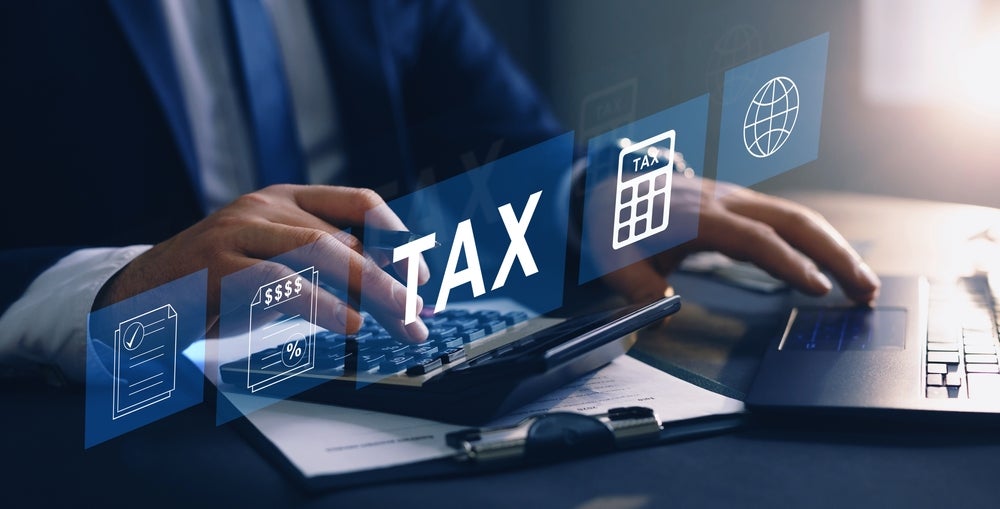The recently published eighth edition of the OECD’s Tax Administration Series reveals how tax administrations are increasingly moving to e-administration and using a range of technology tools, data sources and analytics to increase tax compliance.
According to the report, an increase in e-administration are creating more options for online filing of tax returns and online payments.
E-filing rates are up 70% for personal income tax and 85% for corporate income tax, with more than 40 administrations switching to artificial intelligence.
More than 10 administrations employed behavioural researchers and more than 35 administrations have data scientists to help better understand how taxpayers act.
A proactive approach to compliance risk management is also being made in an effort to intervene at earlier stakes rather than after tax returns have been filed.
Nearly 70% of the administrations covered by the report prefill tax reports due to the increasing availability and sharing of data through the use of compliance by design approaches.
How well do you really know your competitors?
Access the most comprehensive Company Profiles on the market, powered by GlobalData. Save hours of research. Gain competitive edge.

Thank you!
Your download email will arrive shortly
Not ready to buy yet? Download a free sample
We are confident about the unique quality of our Company Profiles. However, we want you to make the most beneficial decision for your business, so we offer a free sample that you can download by submitting the below form
By GlobalDataA number of systemic approaches are looking to be introduced by administrations, such as working with software developers on the integration of accounting systems, tax rules and secure chains of information.
More than 20 administrations have reported placing electronic invoice systems for tax purposes.
The purpose of the Tax Administration Series is to assist administrations, governments, taxpayers and other stakeholders in making improvements in the efficiency and effectiveness of tax administration.
OECD Centre for Tax Policy and Administration director Pascal Saint-Amans said: "Tax administrations, much like tax policy makers, are exposed to rapid change through the digitalisation of the economy and the emergence of new business models and ways of working. The data and examples contained in Tax Administration 2019 show how the availability of new technologies, new data sources, and increasing international cooperation are providing new opportunities for tax administrations to better manage compliance, protect their tax base and reduce administrative burdens."
OECD Forum on Tax Administration chair and Norwegian Tax Administration head Hans Christian Holte said: "The Tax Administration Series is an invaluable resource in helping to frame the significant challenges and opportunities facing tax administrations. It contains a rich set of comparative information on the functions and performance of tax administrations which assists us at both the national and global level in understanding our strengths and weaknesses, and helps identify where we can enhance our performance individually and collectively through working together."






